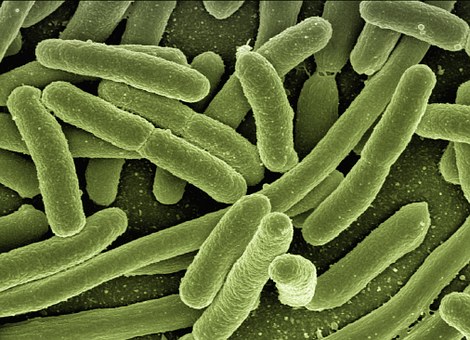The Big C strikes without warning. As diagnosis comes earlier and more often, whether due to sensitive imaging, increased awareness or even more toxic causes, we are being asked to accept cancer as a price of living.
Fair enough. But know this: we are not without some control. Changing our behavior can prevent 30% of cancer deaths, according to the World Health Organization.
Big risk factors for cancers:
- tobacco use
- being overweight or obese
- unhealthy diet with low fruit and vegetable intake
- lack of physical activity
- alcohol use
- sexually transmitted HPV-infection
- infection by HBV
- ionizing and non-ionizing radiation
- urban air pollution
- indoor smoke from household use of solid fuels.
A poor diet–absolutely in our control– is harmful:
- high-fat diet is linked to increased kidney, stomach, lung, esophagus, colon and breast
- type of fat: Trans may increase cancers while omega-3s may be protective
- fiber: a low-fiber diet is associated with breast and colon
- vitamins and minerals: deficits of vitamin C, vitamin D, folate, riboflavin and selenium are just a few links
Probiotics are thought to be involved in different capacities:
- Inactivation of carcinogens
- As anti-oxidants
- Modulating the immune response
A shared mucosal immune system means that probiotic benefits can migrate throughout the body, landing in distant lands such as mammary and prostate glands.
- probiotics have been cytotoxic on cervical tumors
- HPV-induced abnormalities
- Probiotic-fermented milk reduced precarcinogenic events in rats.
- Oral, skin and breast cancers also are being linked with microbial systems.
For a lively review of probiotic research in breast cancer read “Modification in the diet can induce beneficial effects against breast cancer” from Felix Aragón and colleagues in San Miguel de Tucumán, Tucumán, Argentina. The work appeared in World Journal of Clinical Oncology in August of 2014.
The authors summarize:
“The consumption of probiotics and fermented products containing lactic acid bacteria was associated to reduce breast cancer risk in some epidemiological studies. The use of animal models showed the modulation of the host’s immune response as one of the important effects associated to the benefices observed with most probiotics. However; future assays in human are very important before the medical community can accept the addition of probiotic or fermented milks containing lactic acid bacteria as supplements for cancer patients.”

